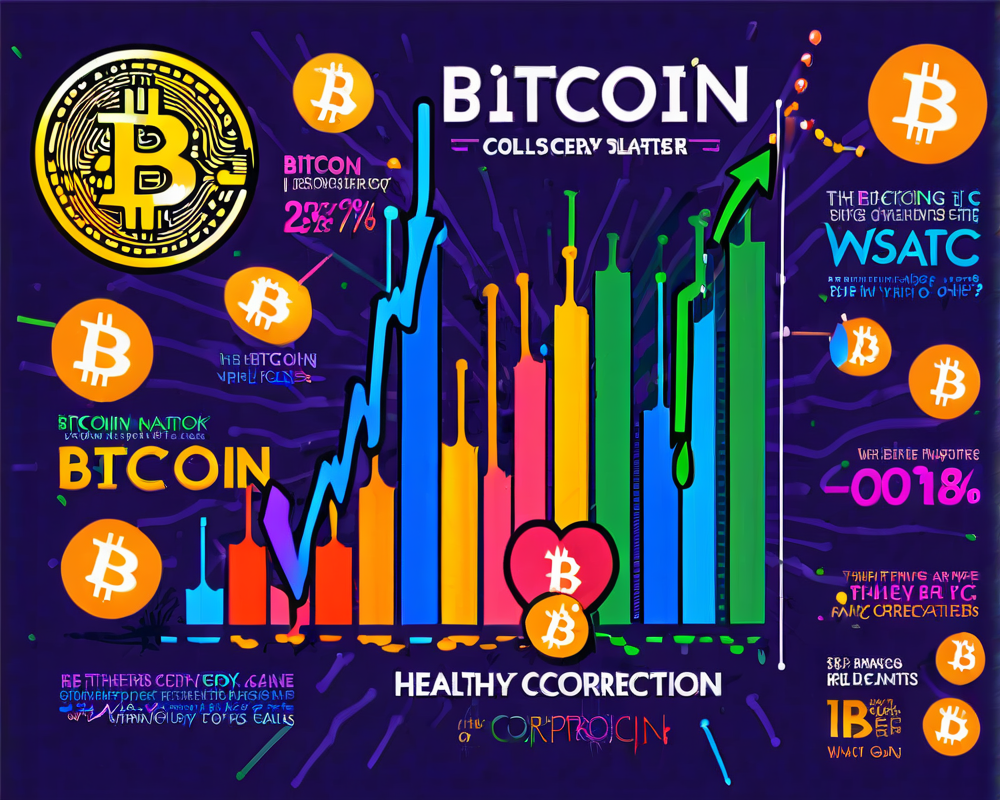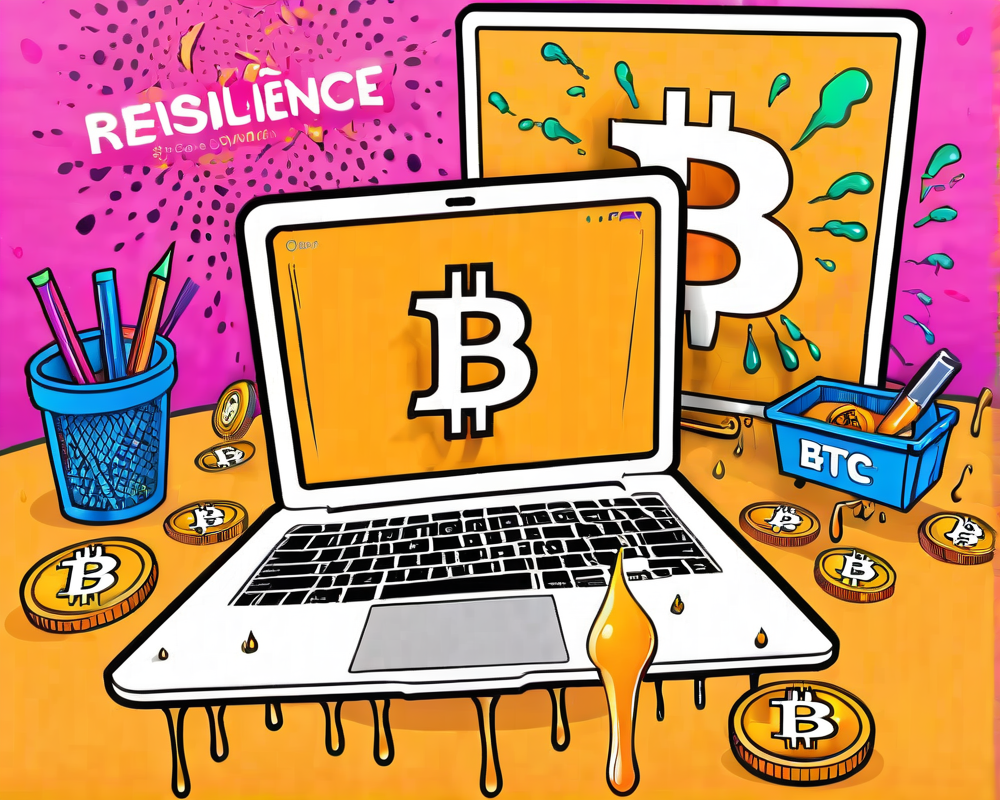The Rising Popularity of P2P Payment Apps
In an era where convenience reigns supreme, peer-to-peer (P2P) payment apps have become a staple in the lives of millions of Americans. Services like PayPal, Venmo, Cash App, Apple Pay, and Google Pay offer instant transactions and a user-friendly interface. However, as the U.S. Consumer Financial Protection Bureau (CFPB) points out, not all that glitters is gold when it comes to these platforms.
Understanding the Risks
As P2P apps continue to garner attention, particularly for crypto transactions, the risks associated with storing funds on these platforms grow more concerning. The CFPB has warned that, unlike traditional banks, many of these services lack the essential FDIC insurance that protects your hard-earned money. In layman’s terms—if things go south, so could your savings.
The Aftermath of Recent Financial Crises
Public awareness regarding FDIC coverage has surged following the dramatic collapses of crypto platforms like FTX and Voyager. Despite this, billions are still parked on payment service apps without that vital insurance cushion. The CFPB argues that while some funds may be covered post-failure, this is not a foolproof safety net, as it only protects against bank failures, leaving customers high and dry if the payment service itself runs into trouble.
How Are Your Funds Managed?
P2P payment providers are incentivized to accept deposits not just to serve customers but also for investment purposes. It’s a win-win until, of course, the investments don’t pay off. Even if you believe your funds are safely cloistered in an FDIC-insured account, there’s no guarantee your cash hasn’t been whisked away into a risky investment plan, further complicating your ability to access your money when it matters.
So, What’s the Safe Bet?
To secure your savings against unforeseen calamities, the CFPB advocates keeping your funds in insured accounts. While payment apps make it easy to transact and might seem safe, the lack of robust regulatory oversight could leave you vulnerable. The good news? Many traditional banks and credit unions offer digital services that come with the peace of mind of FDIC insurance.
A Final Word from Industry Voices
In defense of P2P services, the Financial Technology Association (FTA) maintains that millions of Americans rely on these platforms for their financial activities, touting their transparency and safety. Indeed, consumers need to be savvy and arm themselves with knowledge as they navigate the evolving landscape of digital finance.




